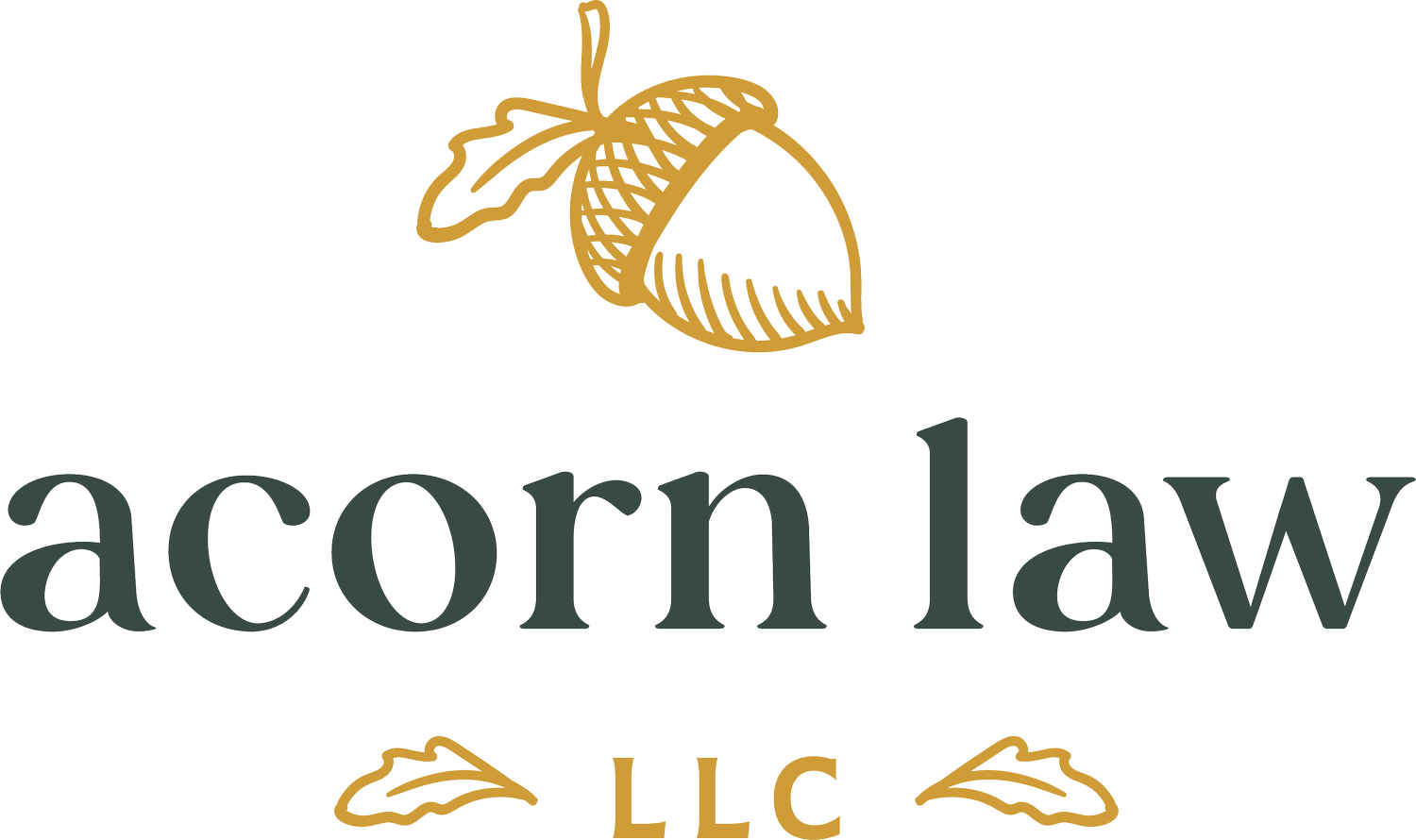Things to think about when you first meet your estate planning attorney
Write Down Your Questions:
When you first meet with your estate planning attorney, it's important to think about a few things to ensure you get the most out of your meeting. First, make sure you have a list of questions you want to ask, to make sure all of your needs and concerns are addressed.
Think About Your Goals:
It's important to be prepared to discuss your long-term goals and objectives, so that your attorney can create a comprehensive estate plan that meets your needs. Some things to consider are:
Imagine a spectrum - live very well and leave nothing at death vs. live very frugally and leave lots at death - where do you fall?
How concerned are you with keeping your family out of court/avoiding probate?
How far into adulthood do you want to maintain control over minor children's potential inheritance?
How tax averse are you?
Do you have any special people/pets/items you want to provide for?
Estimate Your Estate:
Next, it is a good idea to take stock of everything you own so that your attorney can get a ballpark figure for your "gross estate." On one piece of paper, jot down the current value of each of your accounts and investments, including the equity you have in any real property. Also include the value of any life insurance policies. If you have ever filed a gift tax return, include those figures as well.
Bring Documents:
Bring any existing estate planning documents, such as wills, trusts, and powers of attorney to your meeting. If you own real property, it's a good idea to have a copy of the deeds. If you're meeting virtually, have those documents handy during the meeting so you can refer to them.
Mentally Prepare:
As you mentally prepare for the appointment, it's important to remember to be honest and forthright. Estate planning involves money and family drama - two things that we don't usually discuss with strangers - but in order to provide the best advice and guidance, your attorney needs the whole truth and nothing but the truth.


